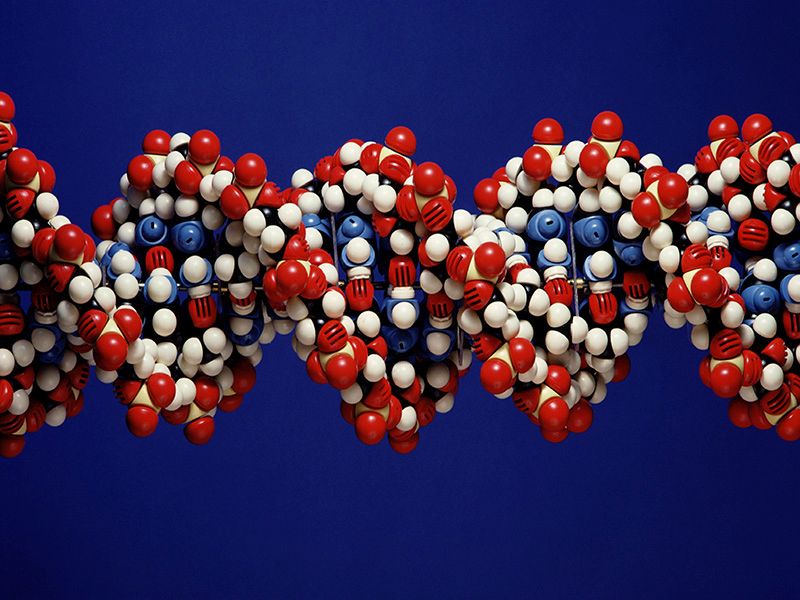Most People Don't Know if They Have Genetic Risk for Cancer

WEDNESDAY, Sept. 26, 2018 (HealthDay News) -- Most people carrying genes that put them at risk for cancer don't realize it, new research suggests.
Genetic screenings of more than 50,000 people found that more than 80 percent of those who carry a known gene variant for breast, ovarian, prostate or pancreatic cancer were unaware of their risk.
Researchers noted that most people carrying cancer-associated variants in the BRCA1 or BRCA2 genes only realize they're at increased risk for cancer when a friend's or relative's diagnosis prompts them to undergo screening.
"It usually takes a tragedy for people to get tested," said study senior author Michael Murray, a professor of genetics at Yale School of Medicine. "Our reliance on a documented personal or family history as a trigger to offer testing is not working. Hopefully, one day we can change that with effective DNA-based screening for everyone."
Screening found that about 270 of the study participants carried a BRCA gene variant. Only 18 percent knew about it before the study, the researchers found.
About 17 percent of the living BRCA-positive patients had a related cancer. Of the small group of BRCA-positive patients who died before the study ended, about 48 percent had a BRCA-associated cancer, the researchers found.
The findings were published Sept. 21 in the journal JAMA Network Open.
"Once risk is identified, we can apply proven tools for early diagnosis and prevention, and we believe that the 31 percent difference in cancer incidence in these two groups is a window into an opportunity to decrease cancer and cancer deaths through genomic screening approaches," Murray said.
More information
The American Cancer Society provides more on cancer and genetics.

The news stories provided in Health News and our Health-E News Newsletter are a service of the nationally syndicated HealthDay® news and information company. Stories refer to national trends and breaking health news, and are not necessarily indicative of or always supported by our facility and providers. This information is provided for informational and educational purposes only, and is not intended to be a substitute for medical advice, diagnosis, or treatment.

